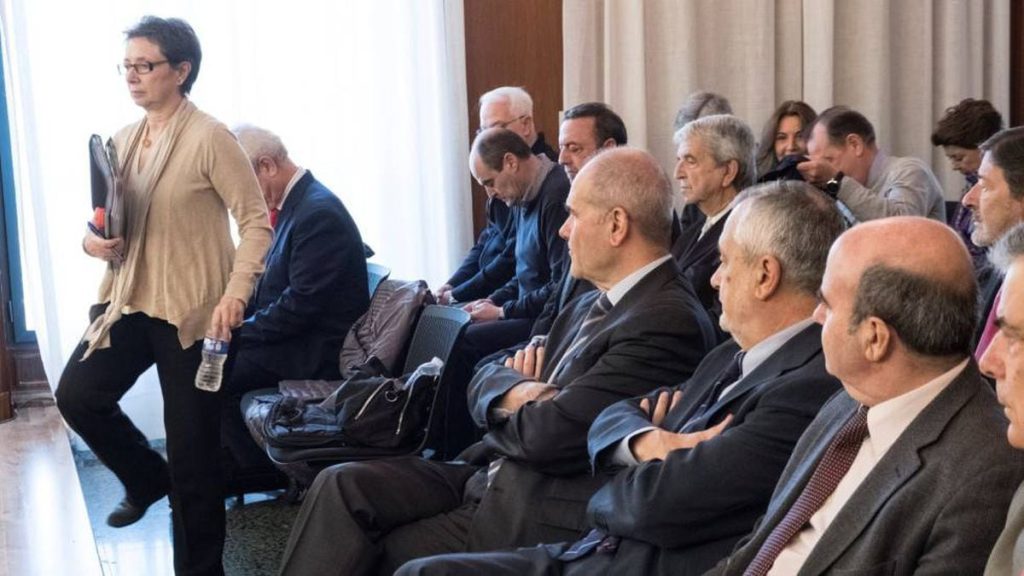The Constitutional Court has announced that it will resolve all appeals against the rulings in the ERE case in July. The high court will resume the examination and resolution of the challenges against these judgments, starting with those involving former Andalusian regional government officials. For the next plenary session on July 2, the court will consider appeals from former councilors and high-ranking officials, who were convicted of crimes of prevarication and embezzlement. The court will prioritize appeals from those sentenced to prison. The following plenary session on July 16 will address appeals from former Andalusian President Manuel Chaves, Gaspar Zarrías, and Antonio Vicente Lozano, who were convicted of prevarication but not imprisonment.
Former Andalusian President José Antonio Griñán and Juan Márquez Contreras, former Director General of Labor, will also have their appeals considered in the second session. Griñán, who was sentenced to six years in prison but has not been incarcerated due to a medical condition, will have his case reviewed. The recent partial granting of relief to Magdalena Álvarez, former Minister of Economy and Finance in Andalusia, has stirred controversy. The Constitutional Court ruled that the sentence against Álvarez must be substantially reduced as the lower courts wrongly applied the charge of prevarication to budget bills. The ruling has had political implications, with the PP criticizing it as an “outrage” and a “backdoor pardon.”
The Constitutional Court’s decision on Álvarez’s case noted that her fundamental rights were violated, as the lower courts incorrectly applied the prevarication charge to legislative, rather than administrative, matters. The rulings on budget bills should not be subject to legality considerations but only to constitutionality assessment, according to the court. The interpretation of the prevarication charge in Álvarez’s case was deemed excessive, leading to the need for a new sentencing that aligns with a more precise understanding of the crime. These legal nuances have implications for other ERE defendants and potential future cases involving malfeasance.
The prioritization of cases involving imprisonment and the scheduling of plenary sessions to resolve the appeals demonstrate the Constitutional Court’s commitment to dealing efficiently with the ERE case. The complexity of the legal issues involved, including the interpretation of prevarication in the context of budget bills, adds layers of complexity. The different sentencing outcomes for various defendants in the ERE case highlight the need for a thorough review of each individual case to ensure fair and just outcomes. The public and political reactions to the court’s rulings on ERE appeals underscore the significance of this legal saga in the broader context of governance and accountability.
The next steps in the legal process, including the pending resolutions for Manuel Chaves and other defendants, will shed light on how the Constitutional Court navigates the intricate legal and constitutional issues at play in the ERE case. The rulings on the appeals will have repercussions on the wider Spanish legal system, setting precedents for future cases involving corruption and malfeasance. The ongoing legal proceedings and the court’s commitment to resolving the appeals in a timely manner demonstrate the importance of upholding the rule of law and ensuring accountability for those involved in the ERE scandal. The Constitutional Court’s decisions will be closely monitored by the public and legal experts alike, shaping the narrative around corruption and governance in Spain.


